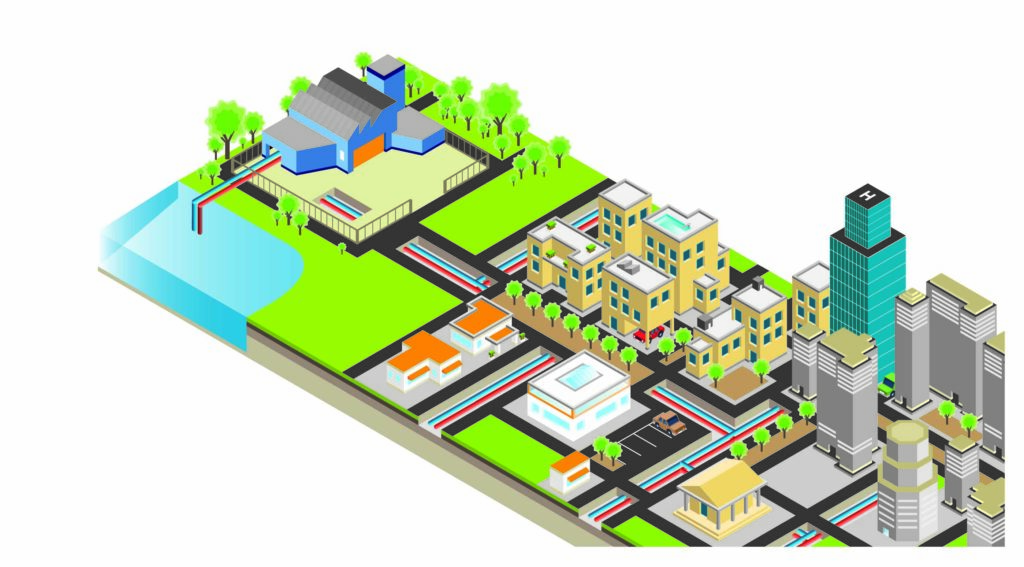RESCUE addressed the key three actors in district cooling deployment and analysed the market to enable the development of district cooling systems.

Duration:
June 2012 to May 2015.
Target Countries:
Italy, Spain, Denmark, Sweden, Finland, Germany, France, Austria, and Poland.
Description / Objectives:
Cooling is critical for the correct functioning of computers and manufacturing instruments, as well as making our urban environments more productive and comfortable. Furthermore, cooling is becoming more important due to rising temperatures and the high internal loads in modern buildings.
The project REnewable Smart Cooling for Urban Europe (RESCUE) aimed to address the key challenges for the further development and implementation of district cooling using low and zero carbon emitting sources, thereby enabling local communities to reap the environmental and economic benefits of this energy efficient technology.
Results / Final Reports:
A final report “Cool Conclusions: How to Implement District Cooling in Europe” summarises the results of the RESCUE project and addresses three key actors: local governments, energy companies and building owners. This is in addition to the associated supporting documents:
The RESCUE project provided support to at least 15 cities on the development and implementation of a package to support the implementation of district cooling and this was provided throughout 23 workshops organised within the project. Furthermore, new statistics about the cooling market in Europe were gained and district cooling best practice showcases were disseminated among interested municipalities and utility companies.
The project highlighted a number of key issues:
- Utility companies, regardless of ownership structure and scope of operation, currently do not invest heavily, especially not long-term, due to the distortions and uncertainty of the market.
- Municipalities lack the awareness of district cooling in detail. Cooling in general is considered as a challenge, but methods of analysing load requirements are not known.
- Cooling is not only needed in southern Europe, as there is a significant base load cooling demand in urban areas also in northern European countries.
- District cooling technology needs high investments and, even though district cooling reduces primary energy consumption, these funds are usually difficult to locate.
Project Partners:
Technische Universitaet Dresden (DE); Capital Cooling Energy Service AB (SE); Climespace (FR); Helsinki Energy (FI); AGFW (DE); Euroheat & Power (BE); ICLEI – Local Governments for Sustainability (DE); Regional Energy Agency of Liguria (IT).
Websites:
http://www.rescue-project.eu/
Funding:
IEE Programme.